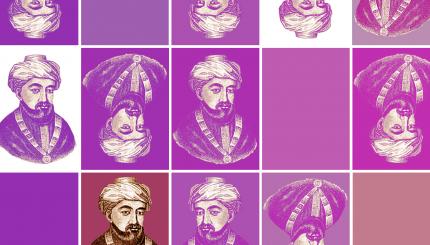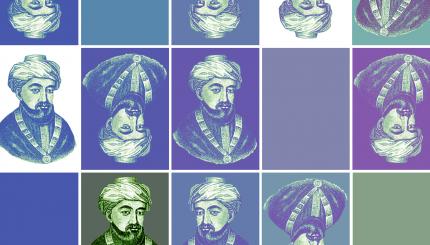For videos to help you teach children about bikkur holim, the Jewish value of visiting the sick, scroll to the bottom of this article.
Reprinted from It’s a Mitzvah!, published by Behrman House and the Rabbinical Assembly, 1995. © Behrman House, Inc., reprinted with permission.
Hope is the gift we bring when we visit the sick. By sitting with a bedridden friend, we let that person know that he or she is not forgotten, that the outside world still cares. We offer hope by discussing plans for the future, by sharing the latest news from work, the latest adventures of a mutual friend, or the most recent cultural event. By bringing information from beyond the four walls of the sick room, we expand the horizons of the sick person, allowing him or her to enjoy a renewed fullness of vision and a sense of belonging. Of course, the most precious gift we can offer is our concerned attention: We can listen to the individual who is suffering from an illness.
Anyone who has ever been sick remembers how important such visits were. Each of us carries memories of the time someone touched us, of a gift that brought a sense of expectancy and a promise for the future, of a phone call at precisely that moment when we were feeling lowest. To be able to lift someone’s spirits by such a simple gesture as sending a card or visiting for a few minutes is to make ourselves truly shutafei ha-Kadosh Barukh Hu (“partners with God”).

Help us keep Jewish knowledge accessible to millions of people around the world.
Your donation to My Jewish Learning fuels endless journeys of Jewish discovery. With your help, My Jewish Learning can continue to provide nonstop opportunities for learning, connection and growth.
Yet even as we recognize the importance of bikkur holim (“visiting the sick”), even as we feel grateful to those brave and loving people who came to visit us in our sickness, we still feel hesitant, awkward, and fearful when it comes to visiting the sick ourselves. Resistance to visiting the sick is quite common and emerges from several different concerns, among them the following:
1. We are afraid of illness and death.
Watching someone wrestle with a serious illness is terrifying. It conjures the thought, “that will be me some day.” Most of us apportion our time as though we will live forever. Visiting someone who is sick or dying forces us to confront our own mortality and the recognition that our time is finite, a limitation most of us would rather ignore.
2. We fear a loss of control.
When visiting the sick, we are forced to confront the terrifying reality that life does not tailor itself to our desires or our demands. We are forced to acknowledge that many aspects of life are beyond human control, that health, fitness, and life itself are gifts. We may be able to affect them positively, but ultimately they remain beyond our manipulation.
3. We are uncomfortable in one another’s presence.
We rarely reveal our personal concerns, hopes, and fears to other people. Rarely do we share the issues and goals that motivate one another’s lives. Instead, we seek ways to be distracted together. We watch movies, television shows, or plays in silence. We find activities that fill our moments with other people — in sports or culture or eating. Visiting someone who is sick precludes all of these escapes from direct, personal interaction. At a sickbed, there is no alternative but to speak with one another, and doing this often forces one to delve into fundamental concerns and questions. At a hospital, the distraction of activities cannot provide an escape from the discomfort we feel in the presence of another human being.
For all of these reasons, and for countless personal ones, a chasm separates the discomfort we feel in the presence of illness from our recognition of the importance of bikkur holim. Confronting our fears and our frailty can bring us an acceptance of reality. It can help us appreciate every day of life as a gift and a blessing, and it can bring about a deeper involvement with our families and communities. The sense of concern and hope that a sick person receives from bikkur holim is impossible to provide in any other way. Only the visit and attention of a friend, relative, or member of the community can inspire the sick with the knowledge that they are not alone, that they are not abandoned.



